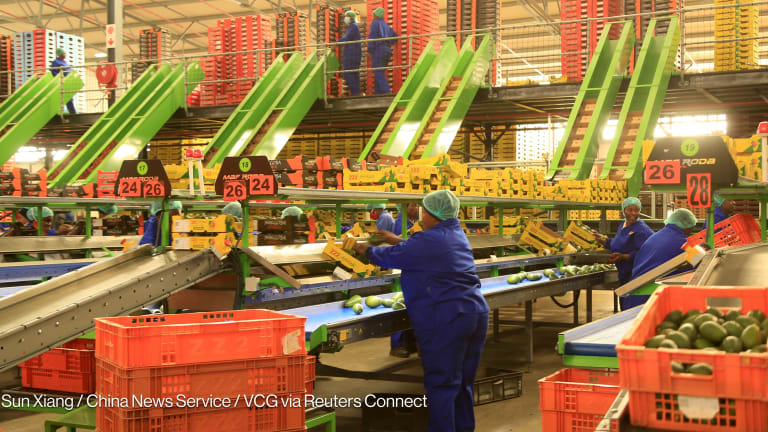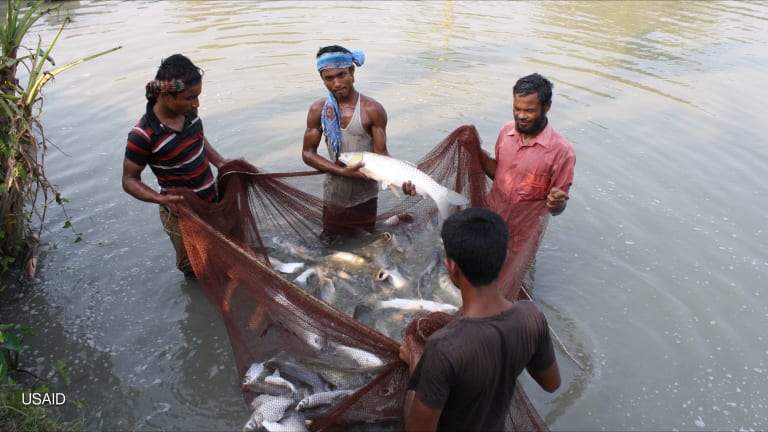
Low-income countries seeing the value of their currencies plunge are facing the prospect of a worsening food crisis, the World Bank warned on Wednesday.
Even as most food and energy prices have moderated in recent months, following sharp spikes in the immediate wake of Russia’s invasion of Ukraine, many countries are not feeling relief because of the dollar’s strength and their own currencies’ weakness. The poor spend more of their money on food.
“This could prolong the food and energy crises already affecting many developing economies,” the World Bank warned in a new analysis. More than 200 million people are facing acute food insecurity.
Commodities on global markets are generally priced in dollars. The International Monetary Fund said the U.S. currency is at its highest level since 2000. The power of the dollar versus emerging market economies can be seen in this Federal Reserve chart.
Risks abound: Agricultural prices face a series of risks, including energy prices causing fertilizer costs to rise and the potential failure of the Black Sea grain deal between Russia and Ukraine. The July agreement helped bring down food prices.
“Export disruptions by Ukraine or Russia could again interrupt global grain supplies,” said John Baffes, a senior economist at the bank.
Crop outlook: As things stand, the world has caught a break, with wheat crops yielding a better-than-expected outcome and rice stable. These staple foods are vital to preventing hunger. But experts at the bank are keeping a wary eye on weather patterns, which threaten to reduce output in the southern hemisphere.
Even with global wheat prices dropping 20% over recent months, they are still 24% higher than a year ago.
Dicey dollar: The U.S. currency has been gaining strongly for a number of reasons, including central bank policy and global uncertainty. The issue was a key concern at the recent annual meetings of the World Bank and IMF because a strong dollar means exports to other countries are more expensive, though many countries have few good options in the short term.

More reading:
► IMF scrambles to ease worst food price shock in more than a decade
► Global recession is possible but narrowly avoidable, World Bank says
► Food uncertainty rife, prices high even after Ukraine deal: World Bank








